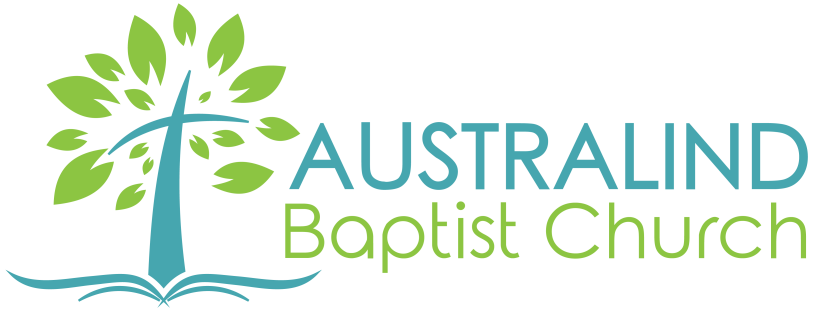- An Urgent request
Psalm 70
This Psalm has been called an individual lament, it repeats the themes of earlier psalms, especially Psalm 40. There is a contrast spoken of between those who seek David’s life and those who seek God. David’s request in verse 1 is repeated at the end of the psalm.
David’s request is urgent, he wants God to respond quickly, to make haste: he wants help and deliverance. There are those who are gloating over David’s misfortune, they are laughing at him and especially happy to see him hurt. David wants vengeance, he wants those people to suffer the same fate as he was suffering. They should be dishonoured and ashamed. The bible teaches us not to seek vengeance but to leave it to God, and in a sense David is doing that. He is not going to do anything to those who hate him, but he certainly wants God to. His hope is that the shame they experience will lead to a change, they will turn back – presumably from persecuting him.
When we are unjustly attacked, or criticized it is usual to hope that our accusers suffer some sort of penalty, that they will experience the consequences of their actions. It is also usual that we will try to bring that about ourselves. This is a normal human reaction, so how should we respond. David called on God to deal with them, yes, he had ideas about what should happen, and he told God that. But he handed it over to God to deal with. It would be pointless for us to deny our thoughts to God, he already knows them. If you feel vengeful toward someone, then tell God and in doing so leave it in his hands. God knows how you feel, and he will act fairly and justly – in his time and in his way. You may want immediate retaliation, but God may have better plans. In handing it to him , we are letting it go and forgiveness becomes possible. When we hang on to those hurts we become bitter and it is us that suffers. Best to hand it over!
In contrast David wants all those who seek God to rejoice and be glad, There is no place for bitterness here, joy and bitterness cannot co-exist. When we seek God and trust him we are able to experience the joy of the Holy Spirit, to hang on to bitter vengeful thoughts on the other hand first of all grieves the Holy Spirit, and then quenches his influence in our lives. God has not forgotten the injustice, he will bring to account those who have ignored him and brought pain to his children, but he also offers grace and mercy to those who tun to him.
“May those who love your salvation say ‘God is great’”, says David. They can say this because they love God’s salvation, they understand the freedom they have been given, the release from the power and penalty of sin. They know that they have been forgiven all of their sin and look forward to an eternal inheritance because of the immeasurable riches of his grace, therefore they can say “God is great”. When we are feeling aggrieved it is good to remind ourselves of the benefits of our salvation, what God has done for us. The offences of others may then take on a different perspective.
Nevertheless David felt the pain of his persecution and he wanted to be delivered from it. “I am poor and needy” he says, “Hurry, come quickly, don’t delay – I need your deliverance”. When you feel as David did, call out to God, tell him how you feel and ask him to quickly come to your aid. He is your father and he wants what is best for his children, he is waiting for your call.
- Is it wrong to want revenge?
- Why should we refuse to seek our own method of justice?
- What does salvation mean to you?

